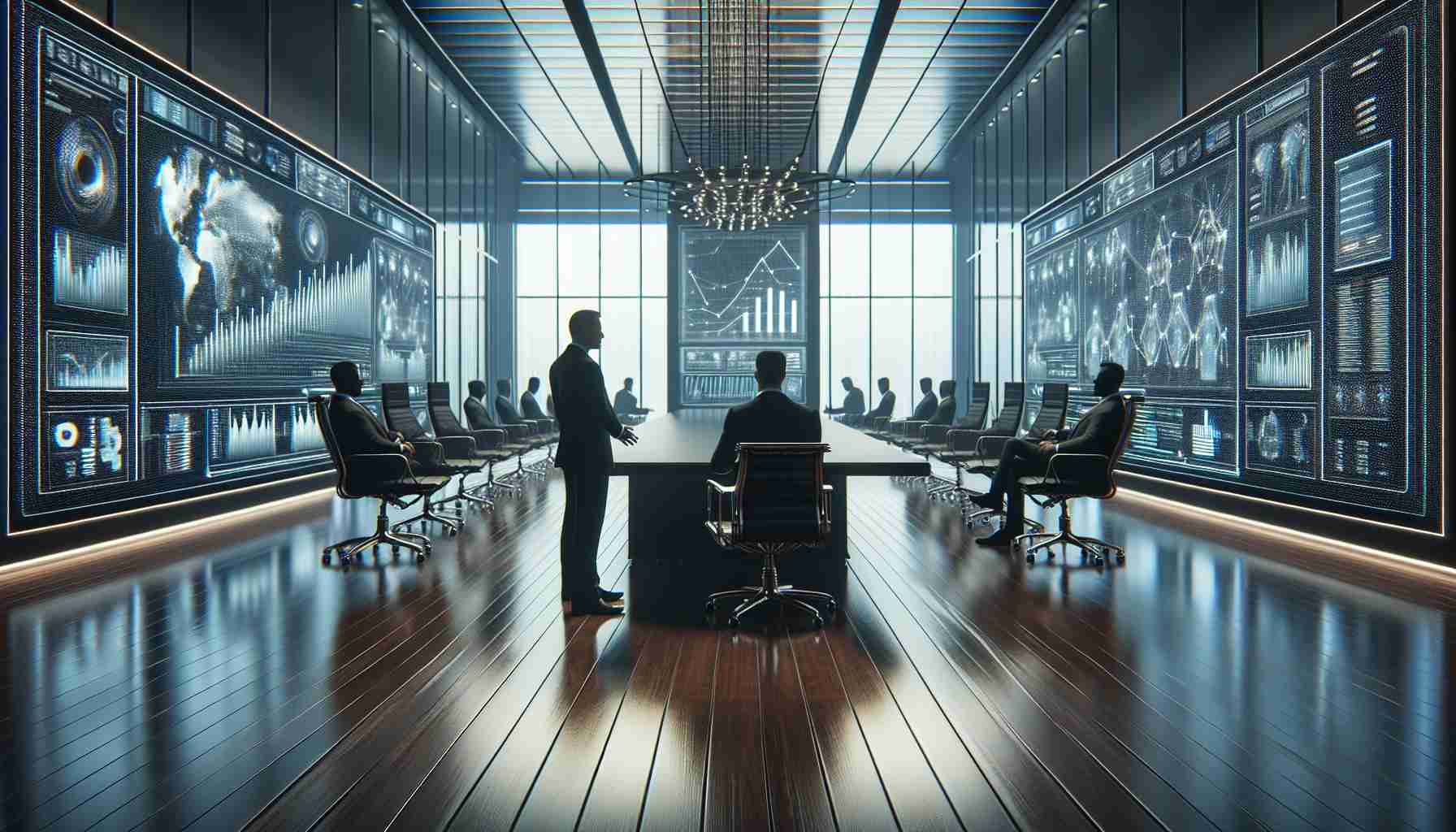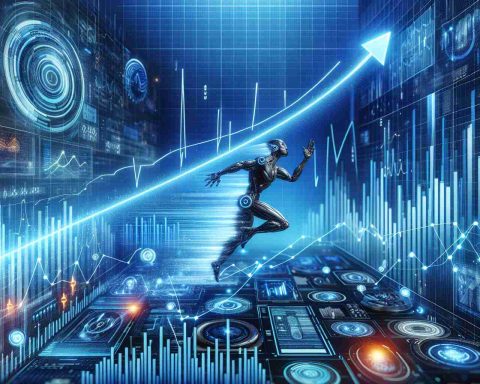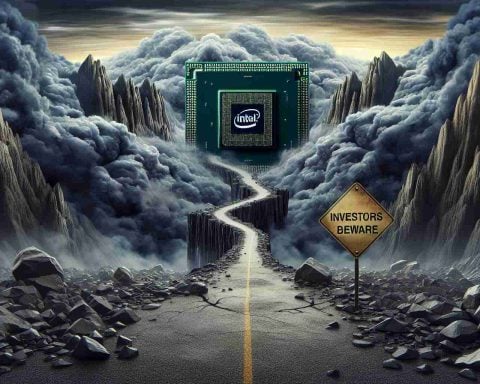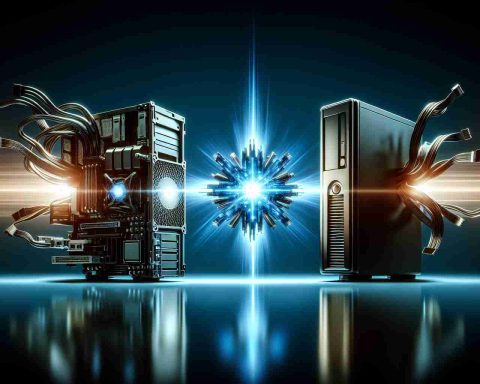- President Trump’s meeting with Nvidia’s CEO highlights a strategic shift in AI and advanced computing.
- New export restrictions aim to protect U.S. technology from competitors, particularly China.
- The U.S. is focused on maintaining its leadership in AI development and innovation.
- Ongoing collaboration between government and tech leaders is essential for national security and technological advancement.
- The race for supremacy in AI emphasizes the importance of strategic partnerships and policy decisions.
- This meeting may significantly influence the future landscape of global technology.
In a pivotal moment for the tech world, President Donald Trump recently met with Nvidia’s visionary CEO, Jensen Huang. This high-stakes encounter signals a strategic shift in the landscape of artificial intelligence and advanced computing. As the U.S. tightens its grip on AI chip exports, the government aims to protect cutting-edge technology from falling into the hands of competitors, particularly China.
Trump’s gathering with Huang underscores the urgency of maintaining America’s lead in AI development. With a shared vision for the future of technology, both leaders discussed how they can drive innovation while safeguarding national security. The stakes couldn’t be higher as the U.S. looks to bolster its influence in the global tech sector.
With new restrictions on AI chip exports looming, the meeting is more than just a cordial exchange—it’s a vital step towards ensuring the U.S. and its allies remain at the forefront of technological advancements. As the race for supremacy in AI heats up, every strategic partnership and policy decision could reshape the future of global technology.
The takeaway? In an era of fierce competition, collaboration between government and tech giants is essential. Trump’s conversation with Huang is a testament to the importance of innovation coupled with vigilance in the ever-evolving world of AI. As the battle for computing power intensifies, this meeting could prove to be a critical moment in maintaining America’s technological edge. Keep an eye on the developments ahead—they could define the future of technology as we know it.
AI Showdown: Trump and Nvidia’s Huang Pave the Future of Tech
The Evolving Landscape of AI and Computing Engagements
In a significant escalation of the competition for leadership in artificial intelligence, the meeting between former President Donald Trump and Nvidia CEO Jensen Huang marks a critical juncture for the tech industry. This interaction highlights the growing importance of regulatory frameworks and strategic partnerships in maintaining competitiveness, especially against adversaries like China.
# Key Insights and Trends
1. Market Forecasts: Analysts predict that the global AI chip market is expected to reach USD 77.6 billion by 2026, growing at a CAGR of 34.4%. This rapid expansion emphasizes the necessity for forward-thinking policies and strategic alliances in safeguarding intellectual property and technology leadership.
2. Innovation and Security Aspects: The U.S. administration’s tightening grip on AI chip exports aims to prevent sensitive technology from advancing adversaries’ capabilities. This brings to the forefront the balance between fostering innovation and ensuring national security.
3. Pros and Cons of AI Export Restrictions:
– Pros: Protects national security, preserves technological advantage, prevents misuse by hostile nations.
– Cons: Potential slowdown of global collaboration, risk of driving innovation underground, and possible retaliation from other nations.
4. Sustainability and Ethical Considerations: As AI technology continues to expand, sustainable practices and ethical considerations surrounding its deployment become crucial. The U.S. faces pressure to ensure that AI development aligns with ethical standards while maintaining its competitive edge.
# Limitations and Challenges
The U.S. protectionist strategy also poses limitations on domestic companies’ ability to collaborate internationally. Companies like Nvidia may experience reduced market opportunities abroad, which can impede growth and innovation.
Important Questions Answered
1. What is the significance of U.S. regulations on AI chip exports?
The regulations are vital for protecting national interests, particularly in the face of rising global competition. By controlling access to AI technology, the U.S. aims to prevent adversarial nations from leveraging American innovations for military or strategic advantages.
2. How does this meeting influence future tech policies?
The Trump-Huang meeting symbolizes a potential shift in how tech policies might prioritize national security alongside innovation. It suggests a more collaborative approach between government and tech giants in formulating policies that support both industrial growth and security measures.
3. What are the implications for the future of AI competition globally?
The implications are significant; as the U.S. consolidates its strategy, it may lead to a bifurcated tech landscape where Western and Eastern powers develop parallel technologies. This divide could hinder collaborative innovation and result in slower overall progress in AI advancements.
Suggested Related Links
For more insights on the evolving AI landscape, visit nvidia.com.




















